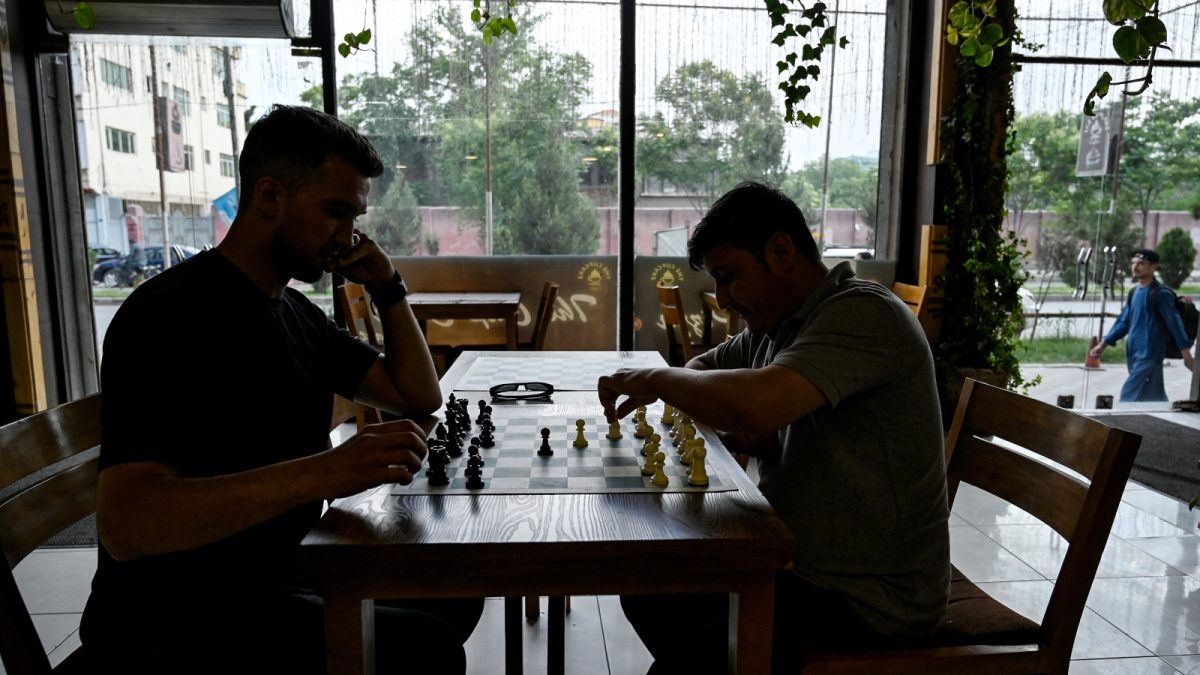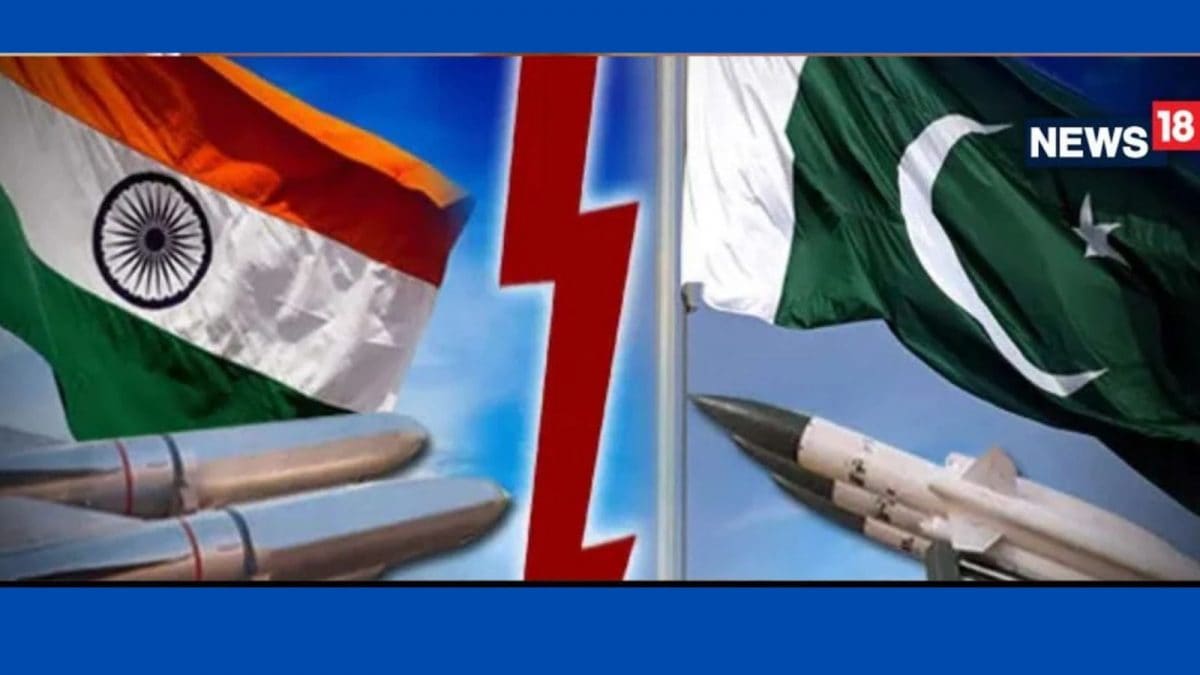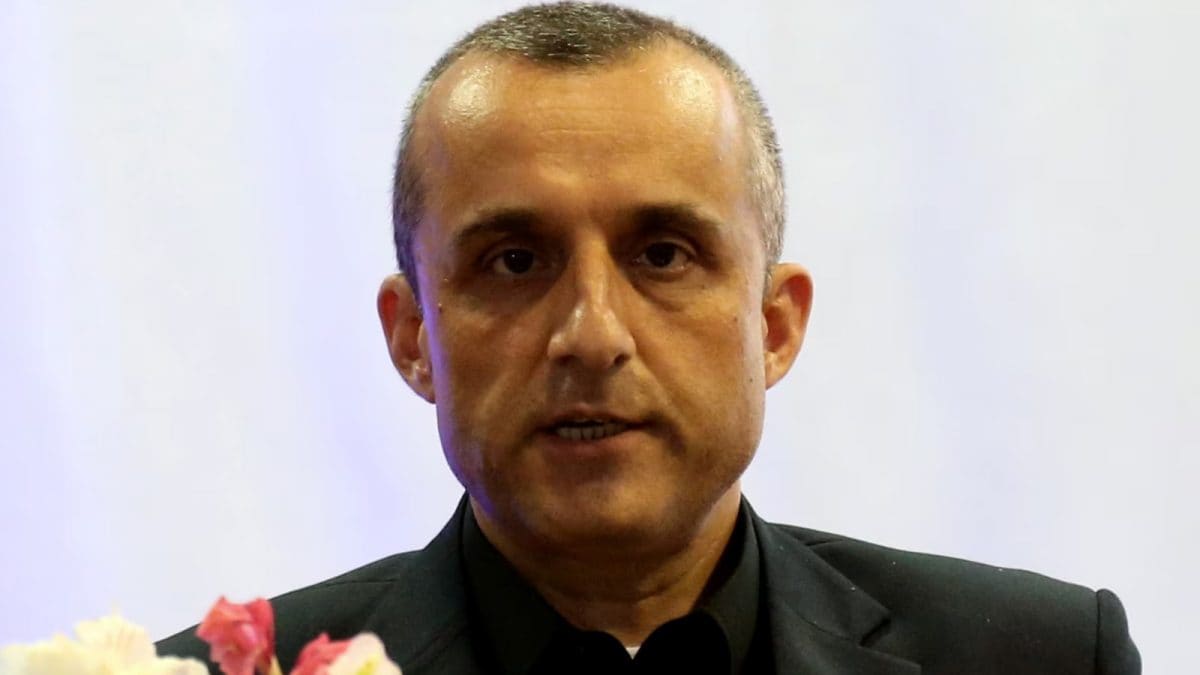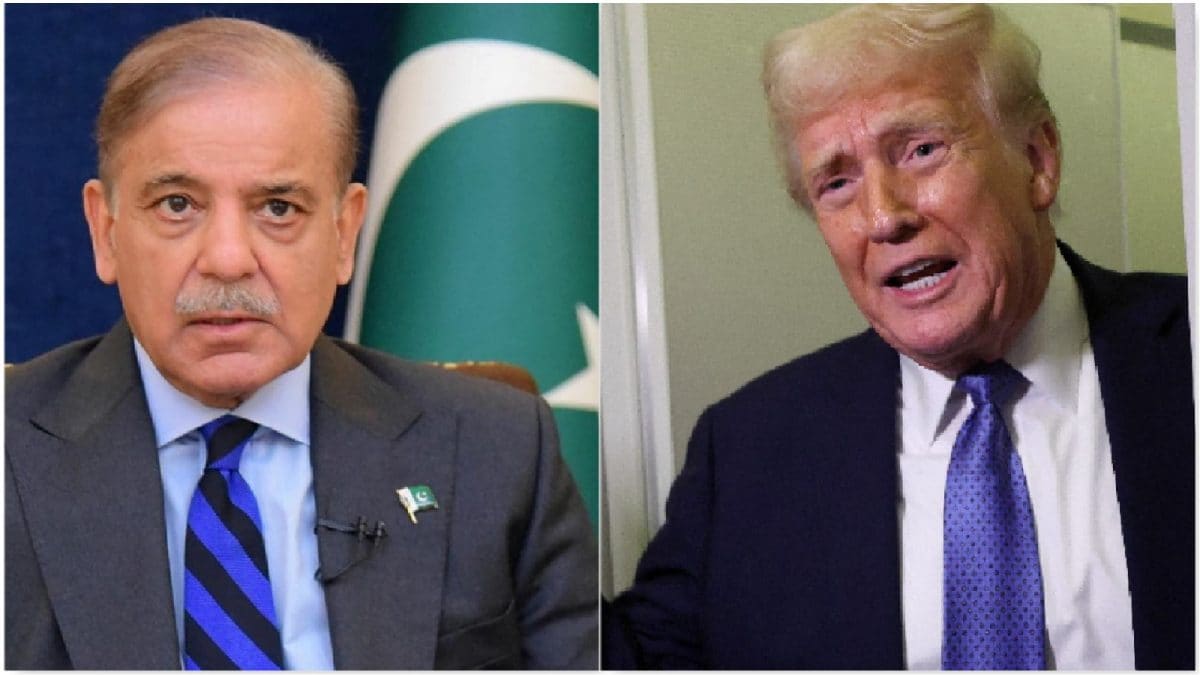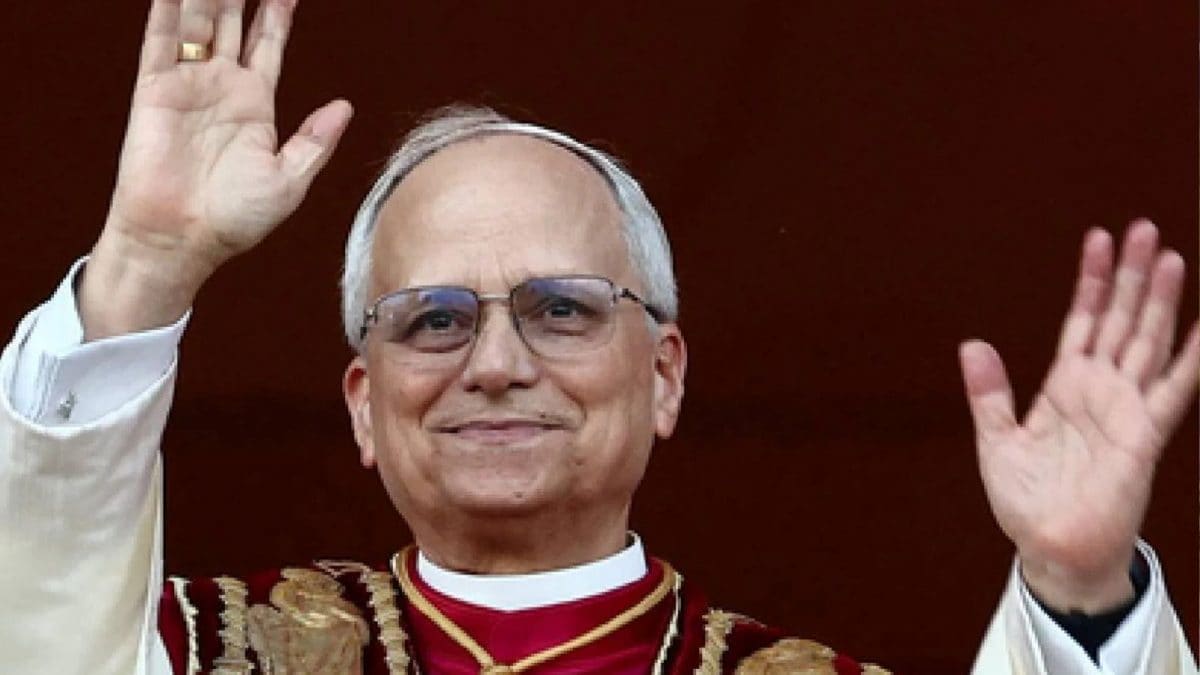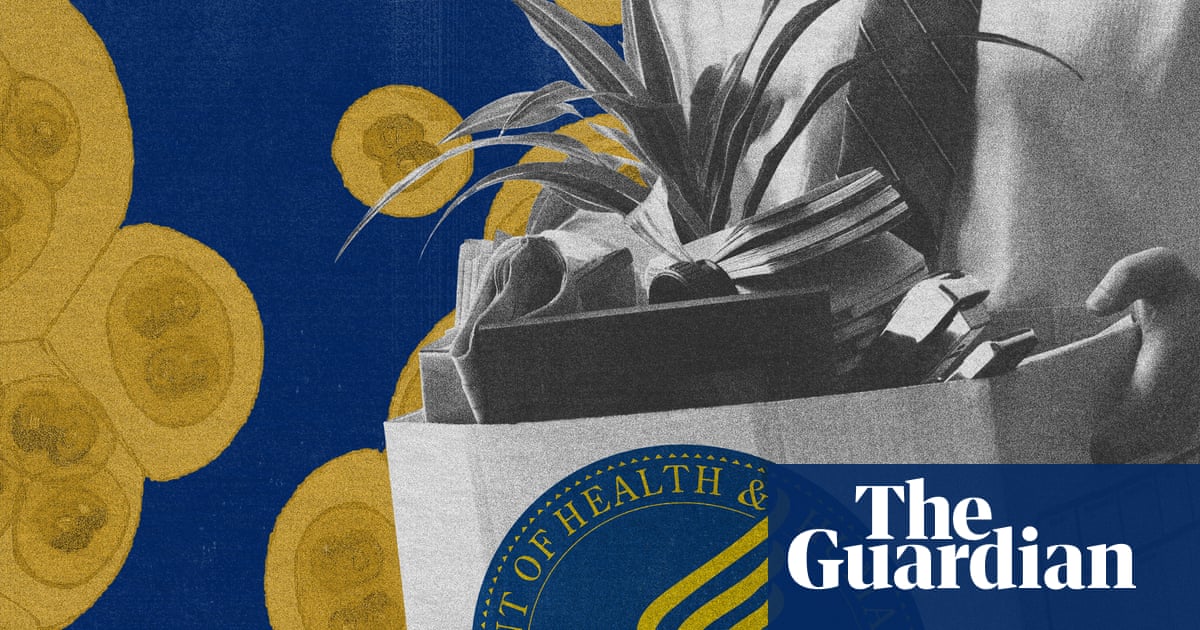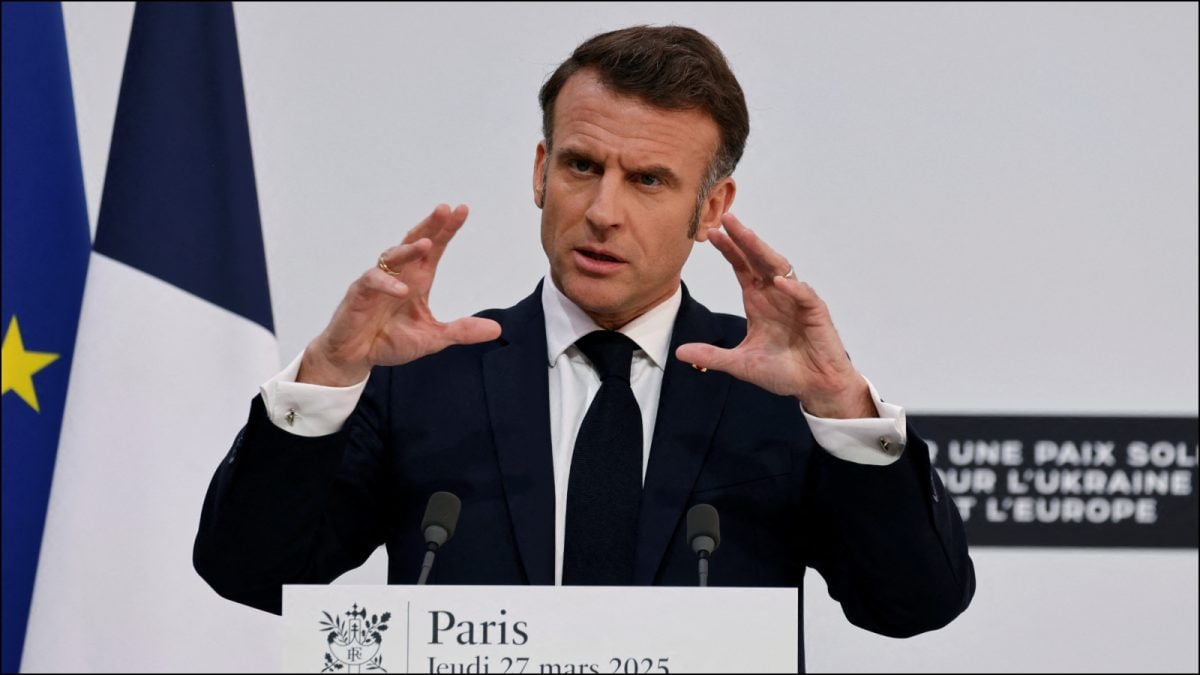Donald Trump said foreign governments would have to pay “a lot of money” to lift sweeping tariffs that he characterised as “medicine,” as markets in Asia plunged in early trading on Monday.
Speaking to reporters aboard Air Force One late on Sunday, the US president indicated he was not concerned about market losses that have already wiped out nearly $6tn in value from US stocks. “I don’t want anything to go down. But sometimes you have to take medicine to fix something,” he said.
Japan’s benchmark Nikkei 225 index tumbled nearly 9% in early trading on Monday, as concerns over a tariff-induced global recession continued to rip through markets.
The Nikkei dropped as much as 8.8% to hit 30,792.74 for the first time since October 2023. Japanese prime minister Shigeru Ishiba said on Monday his government will continue to ask Trump to lower tariffs but said results “won’t come overnight”.
“As such, the government must take all available means” to limit the economic impact on Japan, including offering funding support for domestic firms and taking measures to protect jobs, he told parliament.
Hong Kong and Chinese stocks dived, with Hong Kong’s Hang Seng index down 8% in early trade. Shares in Chinese tech giants Alibaba and Tencent fell more than 8%.
In South Korea, trading on the Kospi index was halted for five minutes at 9.12am as stocks plummeted.
Taiwan’s stock exchange fell almost 10% on the Monday open, the first day of trading since the tariffs were announced due to a two-day holiday last week. Falls were driven by TSMC and Foxconn, triggering circuit breakers, and marked the largest one-day point and percentage loss on record, according to local media.
On Sunday evening Taiwan’s financial regulator had announced limits on short selling among other measures to maintain stability. Shortly after the open on Monday, the stock exchange chairman Sherman Lin said they would coordinate with the regulator if more measure were needed.
Australian shares were also sharply lower, with more than $160bn wiped off the markets in early trading. Treasurer Jim Chalmers said on Monday afternoon: “We expect more manageable impacts on the Australian economy, but we still do expect Australian GDP to take a hit and we expect there to be an impact on prices here.”
Trump said he had spoken to leaders from Europe and Asia over the weekend, who hope to convince him to lower tariffs that are as high as 50% and due to take effect this week. “They are coming to the table. They want to talk but there’s no talk unless they pay us a lot of money on a yearly basis,” Trump said.
Trump’s tariff announcement last week jolted economies around the world, triggering retaliatory levies from China and sparking fears of a global trade war and recession. On Sunday morning talkshows, Trump’s top economic advisers sought to portray the tariffs as a savvy repositioning of the US in the global trade order. They also tried to minimise the economic shocks from last week’s tumultuous rollout. Wall Street stock futures opened sharply lower on Sunday, in a sign of further turbulence.
Treasury secretary Scott Bessent said more than 50 nations had started negotiations with the US since last Wednesday’s announcement. “He’s created maximum leverage for himself,” Bessent said on NBC News’ Meet the Press. Neither Bessent nor the other officials named the countries or offered details about the talks. But simultaneously negotiating with multiple governments could pose a logistical challenge for the Trump administration and prolong economic uncertainty.
Bessent said there was “no reason” to anticipate a recession, citing stronger-than-anticipated US jobs growth last month, before the tariffs were announced.
Tony Sycamore, a market analyst at IG in Sydney, said: “Things have gone from bad to worse this morning. The lack of reaction from Trump and from Bessent, in terms of their concern levels appearing to be very, very low in terms of the market dislocation. If there isn’t some sort of walking back of the announcements, then we’re heading for a liquidity event and liquidity will get sucked out of these markets big time across all asset classes.”
JP Morgan economists now estimate the tariffs will result in full-year US gross domestic product declining by 0.3%, down from an earlier estimate of 1.3% growth, and that the unemployment rate will climb to 5.3% from 4.2% now.
The Republican president spent the weekend in Florida, playing golf and posting a video of his swing to social media on Sunday.
US customs agents began collecting Trump’s unilateral 10% tariff on all imports from many countries on Saturday. Higher “reciprocal” tariff rates of 11% to 50% on individual countries are due to take effect on Wednesday at 12.01am EDT (4.01am GMT).
Some governments have already signalled a willingness to engage with the US to avoid the duties.
In his first significant intervention since the US ushered in a new economic era last week, British prime minister Keir Starmer said the government would step in to support key British industries. He is to announce plans to give carmakers more flexibility over how they meet a target to stop sales of new petrol and diesel cars by 2030. Other sectors to be hit by Trump’s tariffs are expected to receive support later in the week, with life sciences likely to be among them.
Taiwan’s president, Lai Ching-te, on Sunday offered zero tariffs as the basis for talks with the US, pledging to remove trade barriers and saying Taiwanese companies would increase their US investments. Israeli prime minister Benjamin Netanyahu said he would seek a reprieve from a 17% tariff on the country’s goods during a planned meeting with Trump on Monday.
An Indian government official told Reuters the country does not plan to retaliate against a 26% tariff and said talks were under way with the US over a possible deal. In Italy, prime minister Giorgia Meloni – a Trump ally – pledged on Sunday to shield businesses that suffered damage from a planned 20% tariff on goods from the European Union. Italian wine producers and US importers at a wine fair in Verona on Sunday said business had already slowed and feared more lasting damage.
Tariff-stunned markets face another week of potential turmoil after the worst week for US stocks since the onset of the Covid-19 crisis five years ago.
The S&P 1500 Composite Index, among the widest measures of the US market, has had almost $10tn wiped out since mid-February, a significant blow to millions of Americans’ retirement nest eggs.
White House economic adviser Kevin Hassett denied that the tariffs were part of a Trump strategy to crash financial markets to pressure the US Federal Reserve to cut interest rates. He said there would be no “political coercion” of the central bank.
In a Truth Social post on Friday, Trump shared a video that suggested his tariffs aimed to hammer the stock market on purpose in a bid to force lower interest rates.
The social media post fuelled global debate over whether Trump’s tariffs were part of a permanent new tariff regime or simply a negotiating tactic that could lead to the tariffs being eased through concessions by other countries.
With Reuters

 1 month ago
1 month ago
